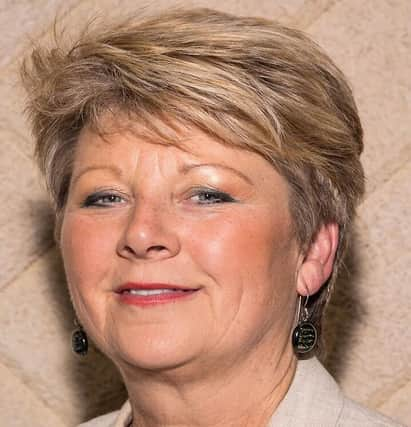How can leaders be protected after pandemic? - Caroline Donaldson
This article contains affiliate links. We may earn a small commission on items purchased through this article, but that does not affect our editorial judgement.


Whether we are returning to work with a spring in our step or a knot of dread dragging us down, there seems to be no end in sight to this pandemic. Working with leaders in both the private and public sectors, the organisational challenges since March 2020 have been relentless. Uncertainty looms large in so many aspects of our lives. As leaders, these individuals are vital to helping everyone cope with so much uncertainty and importantly for our organisations to emerge positively from the pandemic.
There are huge similarities between this crisis and the financial crash where leaders had to quickly shift focus and plan for survival. But there are also huge differences. How it has impacted everyone’s lives is way beyond the effect of the financial crisis and it is emotionally exhausting, including for those at the helm of our organisations. The emotional impact requires a new breed of leadership which understands that authenticity, empathy, compassion and transparency to manage this level of uncertainty are as important as strategic and financial abilities.
Advertisement
Hide AdAdvertisement
Hide AdResilience in these uncertain times is vital but for this to be genuine, it requires a relaxed and positive mindset. Even in normal times it can be a challenge to maintain this mindset as a leader. Given we are almost two years into the pandemic, it seems nigh on impossible to maintain this consistently. In my experience, people need more support during a crisis, including leaders yet they are so busy supporting others, they often neglect their own needs.
The pandemic has taught us to embrace new ways of living and working and recent news on LinkedIn described several big ideas that will change the world going forward. These include mental health as the number one focus, vaccines, growth in digital platforms, hybrid working and growth in the circular economy. These shifts are developing quickly. Considered with a relaxed and positive mindset these could represent opportunities rather than threats.
In a recent Harvard Business Review interview Paul Hudson, CEO of French pharmaceutical giant Sanofi, discussed how to be an effective and inspiring leader in this new era. Hudson comes across as a thoughtful CEO, someone who is intrigued by the challenge of bringing out the best in a workforce that has greater expectations for how they can contribute to the company’s future. Discussing the office environment and employees going back to work, there was encouragement to create an environment with more empathy, where we listen, care, and let employees take more ownership of their career paths.
2021 was deemed the year of the Great Resignation. More than any other time I can recall, employees are questioning their own purpose and how this matches to their career and their current organisation. Working from home has led to a physical and metaphorical step back, shifting employee attitudes significantly. Encouraging employees back into the workplace is likely to be tricky. This topic has been discussed at Nexus, our female network for senior leaders. Most agree the workplace needs a rethink to maximise employee buy-in. Hudson’s view is that bringing people together not just to collaborate and innovate, but also to keep an eye on each other is the future of work. I wonder how leaders are helping themselves to shift their thinking to this new future.
Susan David, a psychologist from Harvard Medical School predicts that in 2022 emotional agility skills will become a priority. However being emotionally agile requires both emotional intelligence and a strong sense of perspective which is easily lost in a crisis.
This virus requires us to be double or triple vaccinated, wear masks, sanitise our hands and surfaces, keep safe distances and protect our loved ones. Perhaps it is also time to consider how our leaders can protect their emotional and mental health too?
Caroline Donaldson is Managing Director of Kynesis Coaching, www.linkedin.com/in/carolinedonaldson/
Comments
Want to join the conversation? Please or to comment on this article.